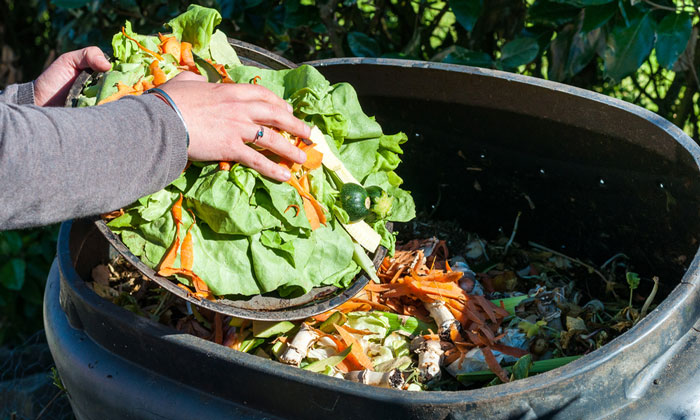European Parliament backs ambitious food waste reduction target
- Like
- Digg
- Del
- Tumblr
- VKontakte
- Buffer
- Love This
- Odnoklassniki
- Meneame
- Blogger
- Amazon
- Yahoo Mail
- Gmail
- AOL
- Newsvine
- HackerNews
- Evernote
- MySpace
- Mail.ru
- Viadeo
- Line
- Comments
- Yummly
- SMS
- Viber
- Telegram
- Subscribe
- Skype
- Facebook Messenger
- Kakao
- LiveJournal
- Yammer
- Edgar
- Fintel
- Mix
- Instapaper
- Copy Link
Posted: 18 April 2018 | George Smith (New Food) | No comments yet
The European Parliament has voted in support of a series of targets concerning the treatment of household waste, including food.


The European Parliament has voted in support of a series of targets concerning household waste, including food.
Ministers agreed to a 30 per cent food waste reduction by 2025 and a 50 per cent reduction by 2030. According to the announcement, in order to prevent food waste, member states should provide incentives for the collection of unsold food products and their safe redistribution. Consumer awareness of the meaning of “use by” and “best before” label dates should also be improved.
“With this package, Europe is firmly committed to sustainable economic and social development, which will at last integrate industrial policies and environmental protection”, said lead MEP Simona Bonafè (S&D, IT).
“The circular economy is not only a waste management policy, but is a way to recover raw materials and not to overstretch the already scarce resources of our planet, also by profoundly innovating our production system.
“This package also contains important measures on waste management, but at the same time goes further, by defining rules taking into account the entire life cycle of a product and aims to change the behaviour of businesses and consumers. For the first time, Member States will be obliged to follow a single, shared legislative framework.
The other targets backed by the Parliament included having 55 per cent of municipal waste (that which is generated by households and businesses) recycled by 2025. The target will rise to 60 per cent by 2030 and 65 per cent by 2035. Sixty five per cent of packaging materials will have to be recycled by 2025, and 70 per cent by 2030. Separate targets are set for specific packaging materials, such as paper and cardboard, plastics, glass, metal and wood.
The draft law also limits the share of municipal waste being landfilled to a maximum of 10 per cent by 2035. In 2014, Austria, Belgium, Denmark, Germany, the Netherlands and Sweden sent virtually no municipal waste to landfill, whereas Cyprus, Croatia, Greece, Latvia and Malta still landfill more than three quarters of their municipal waste.




